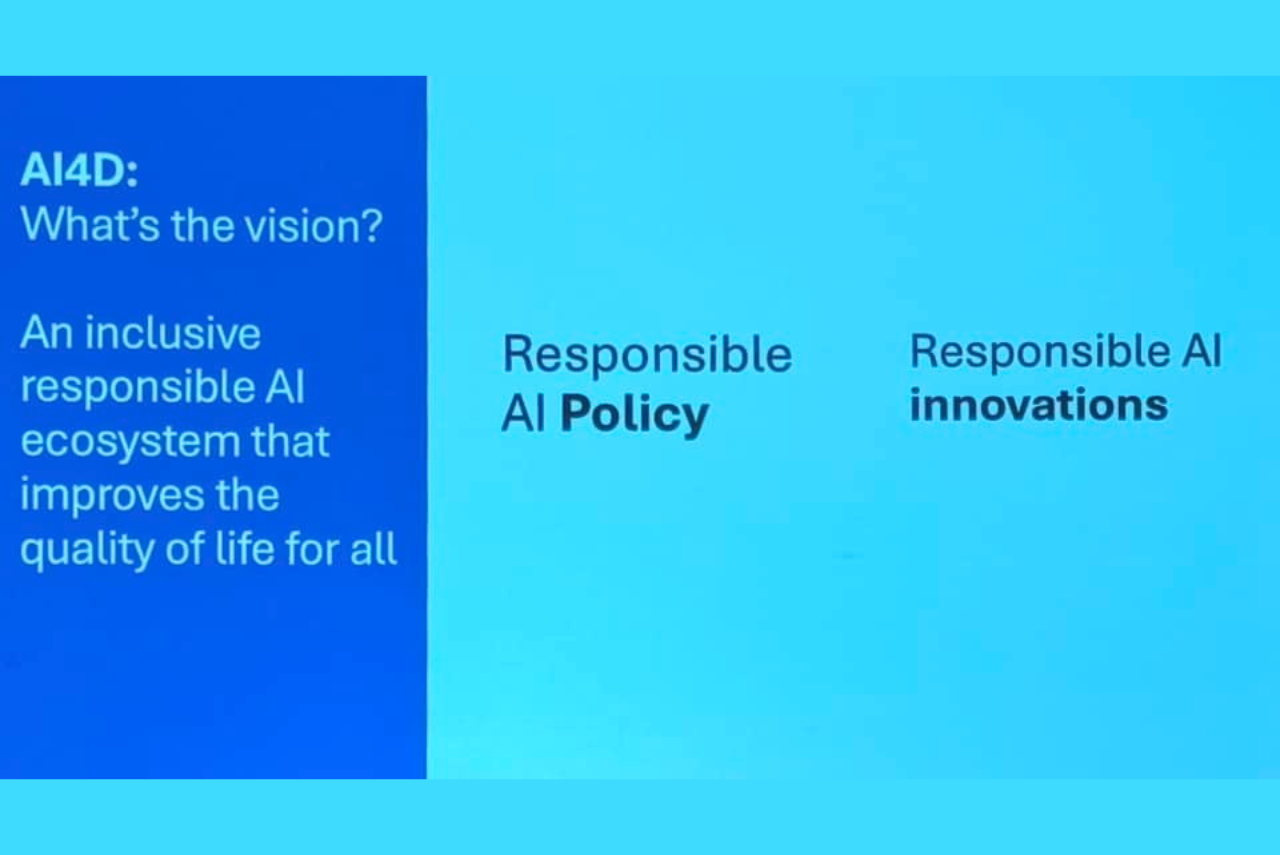
Building Responsible AI Ecosystems in Asia: Prof. Mamun Represents Bangladesh at AI4D Workshop
Prof. Khondaker Abdullah Al Mamun, Director of IRIIC at United International University and Founder of CMED Health, participated in Day 1 of the AI4D Workshop held on February 27, 2025, in Taipei. The workshop, titled “AI for Development: Responsible AI, Empowering People – Asia”, was hosted by Digital Asia Hub with support from the International Development Research Centre (IDRC) and the UK Foreign, Commonwealth & Development Office (FCDO). It brought together AI policy thinkers, researchers, development experts, and government representatives from across South and Southeast Asia to explore how responsible AI can contribute to inclusive and sustainable development.
The first day of the workshop focused on pressing challenges in AI governance, especially around legal enforcement, rights-based frameworks, gender sensitivity, and ecosystem gaps across Asia. Despite 79% of countries having an AI policy framework, only 32% of key responsible thematic areas are covered under enforceable legislation—leaving crucial issues like gender equality, procurement fairness, and access to justice inadequately addressed. The workshop highlighted that while non-state actors—like universities and NGOs—are playing an increasingly active role in promoting human rights and inclusivity in AI, their impact is often fragmented due to policy inconsistencies and resource disparities between countries. Prof. Mamun joined these discussions alongside experts from Vietnam, Singapore, Pakistan, and the Philippines, engaging in dialogues on data governance, inclusive computing infrastructure, and the importance of equitable talent development across the region.
Sessions such as “Gender-Sensitive AI Policy in Southeast Asia” underscored the risks posed by biased AI systems. Speakers emphasized that when gender is not accounted for in algorithmic design, AI can actively harm gender equity—making it vital to integrate gender-based impact assessments into all stages of AI development. Insights from other regions were also shared, including the African AI4D Labs—now operating in countries like Ghana, Rwanda, and South Africa—which serve as replicable models for localizing responsible AI innovation in low- and middle-income economies. The day ended with a high-level forum titled “Making AI Useful for Asia’s Sustainable Development,” where participants shared strategies to strengthen cross-border collaboration, push for legally binding rights-based AI frameworks, and scale public-private partnerships aligned with SDGs.
Prof. Mamun’s participation reflected IRIIC’s commitment to contributing to the global conversation on ethical AI while ensuring that Bangladesh’s future in AI is anchored in equity, inclusiveness, and sustainability. Drawing from his work in digital health and inclusive innovation, he reinforced that responsible AI should not only be technically sound but socially transformative—empowering people, not marginalizing them.

